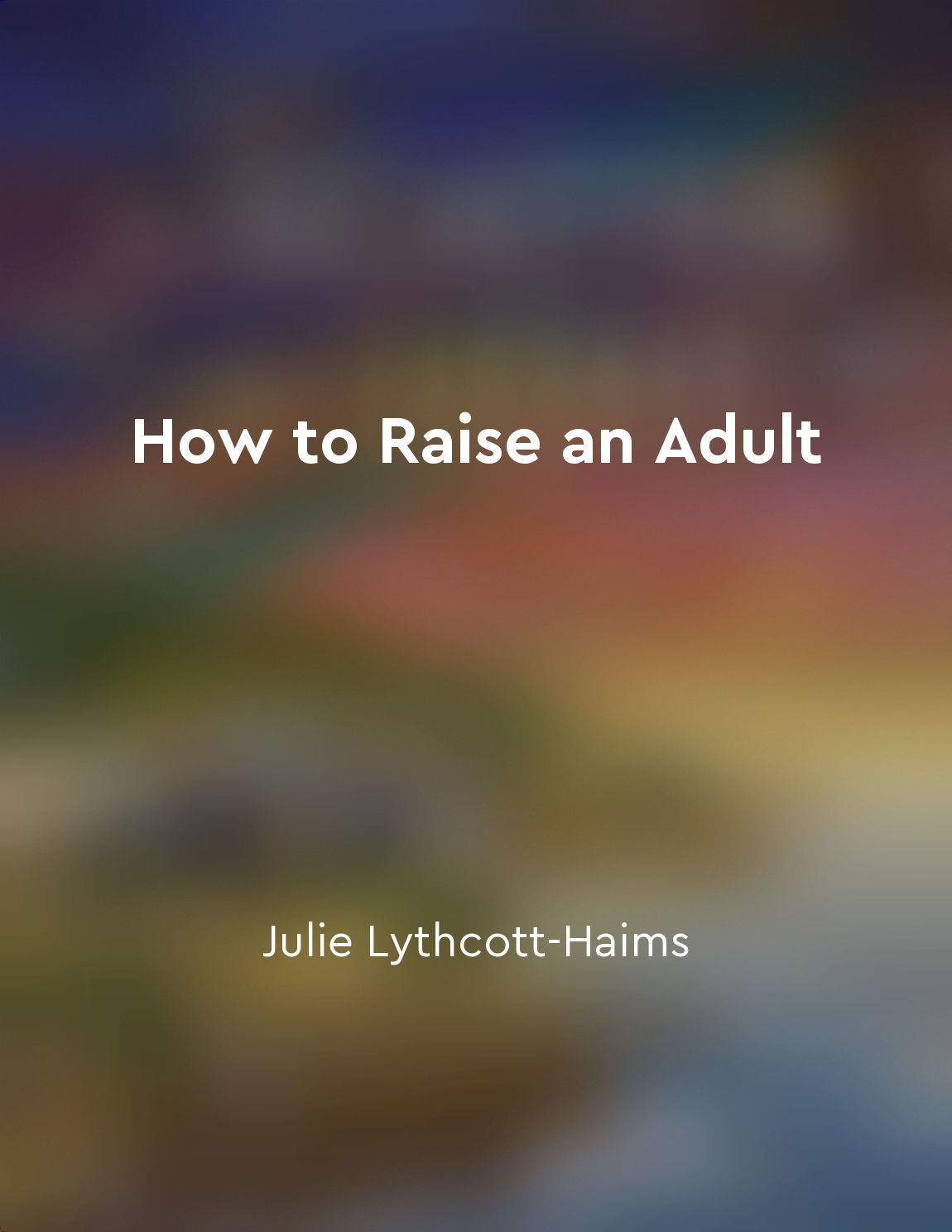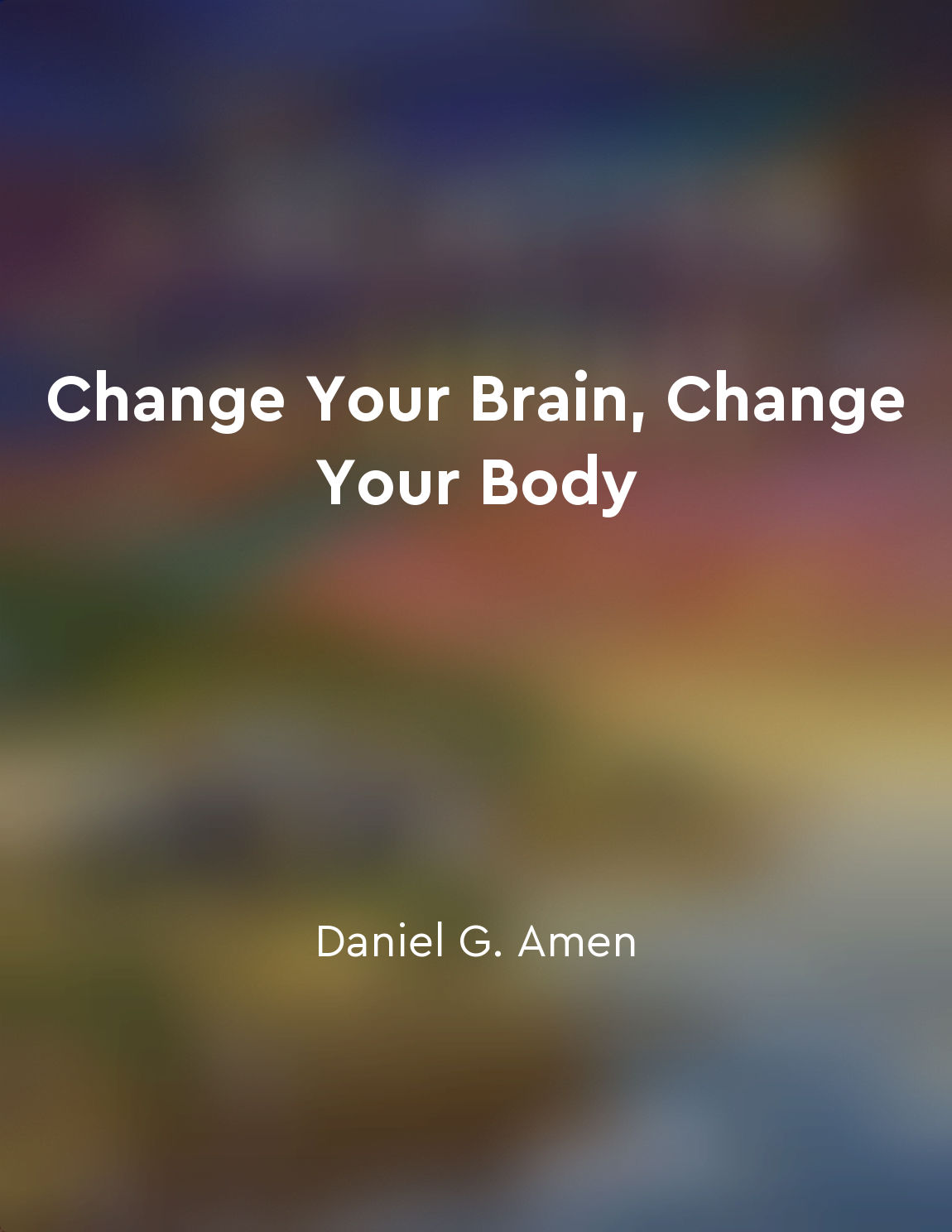Audio available in app
Childhood experiences can shape how we respond to stress from "summary" of Why Zebras Don't Get Ulcers by Robert M. Sapolsky
Our childhood experiences play a significant role in shaping how we respond to stress later in life. Research has shown that early life events can have a lasting impact on our physiological and psychological responses to stress. For example, children who experience chronic stress or trauma are more likely to develop maladaptive coping strategies that persist into adulthood. One way in which childhood experiences can influence our stress response is through the development of our stress regulatory systems. During early childhood, the brain is highly malleable and sensitive to environmental influences. Adverse experiences such as abuse, neglect, or exposure to violence can disrupt the normal development of stress regulatory systems, leading to dysregulati...Similar Posts

Supporting children's social and emotional wellbeing is critical
Children's social and emotional wellbeing is fundamental to their overall success in school and beyond. When a child's social a...
Create rituals and traditions
Creating rituals and traditions in a relationship is vital for fostering connection and intimacy. These rituals serve as anchor...

Encourage children to seek out diverse experiences and perspectives
Encouraging children to seek out diverse experiences and perspectives is essential in their development. By exposing them to a ...

Physical activity is essential for brain function
Exercise is not just about building muscles or losing weight, it also significantly impacts brain function. When you exercise, ...
Cultivating resilience in children
Cultivating resilience in children involves helping them develop the ability to bounce back from challenges and setbacks. This ...
Vulnerability is a strength, not a weakness
In a world that often values toughness and resilience above all else, it may be difficult to see vulnerability as anything but ...
Recognizing patterns from childhood can help individuals understand their behavior in relationships
When we look back at our childhood, we can often see patterns that have shaped the way we behave in our adult relationships. Th...

Healing involves understanding past experiences
Healing involves understanding past experiences. Our current struggles and pain are often connected to events that occurred in ...
Defining healthy boundaries is essential
Establishing clear boundaries in relationships is crucial for maintaining a healthy dynamic. When boundaries are fuzzy or non-e...
Emotional diversity is beneficial for overall brain function
The exquisite orchestra of emotions that plays within each of our brains is a complex and dynamic symphony. Just as a diverse r...

